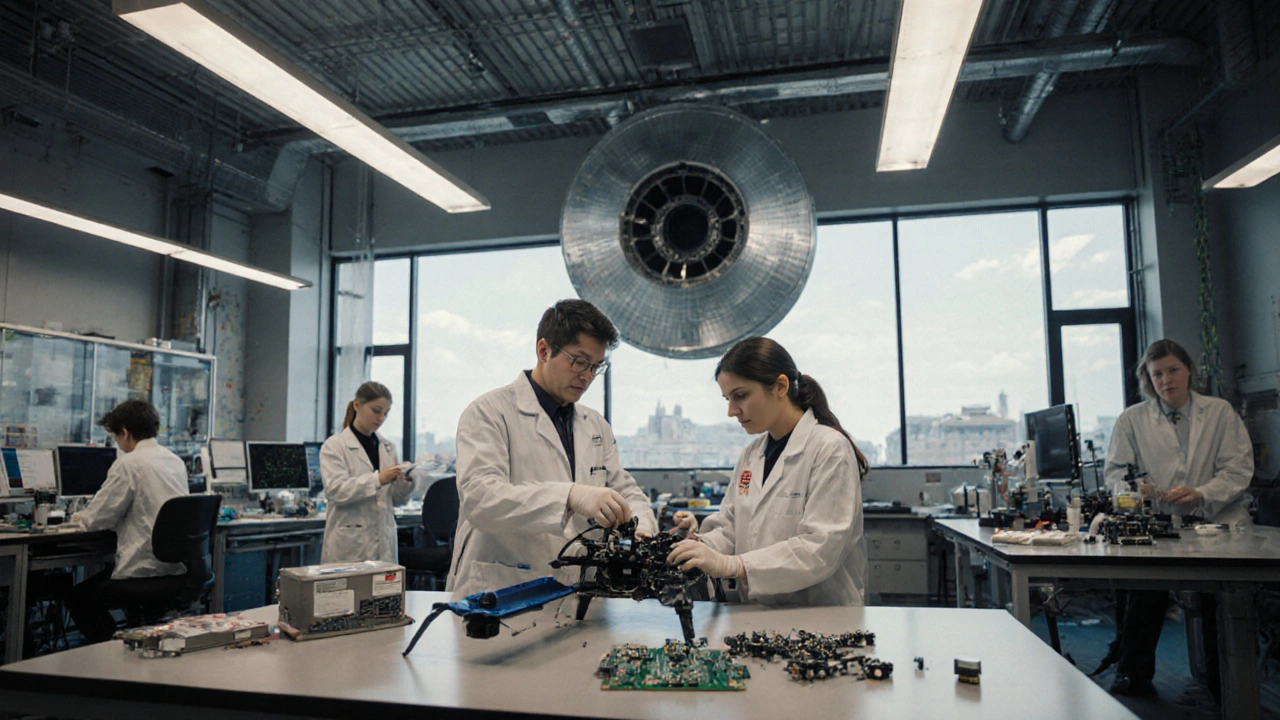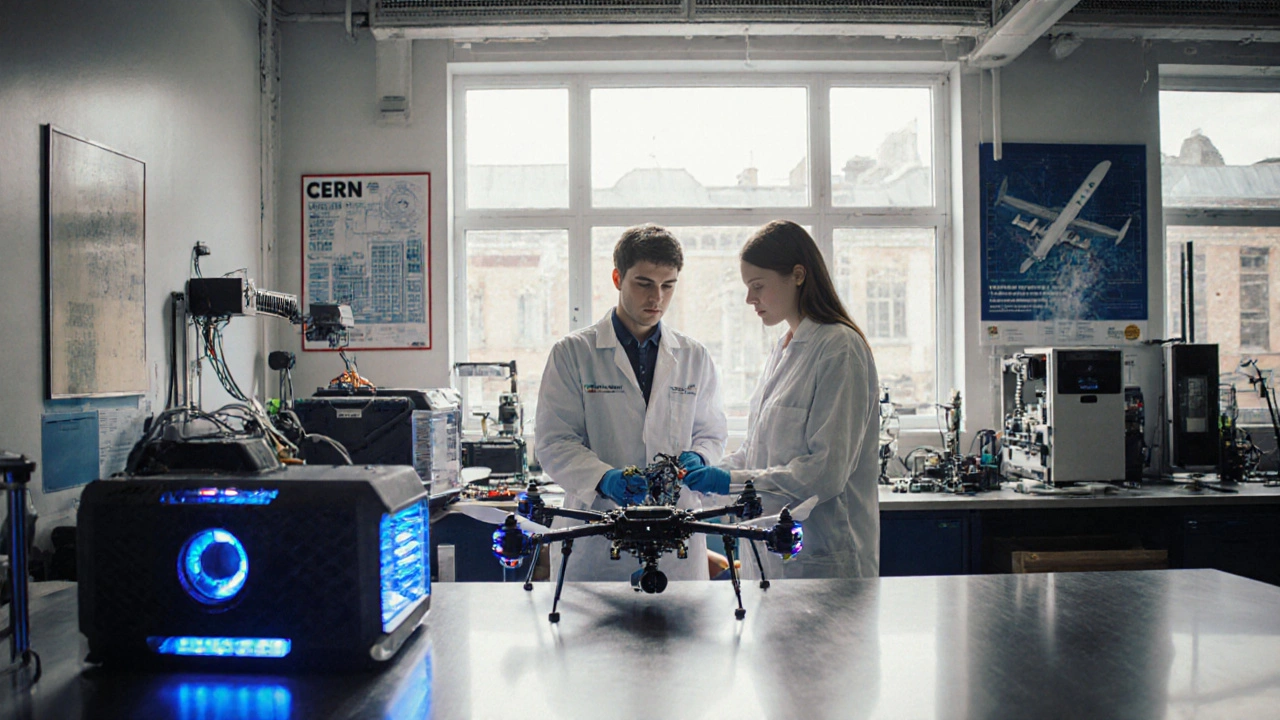Science Programs in London: Hands-On Learning, Museums, and Student Opportunities
When you think of science programs, structured learning experiences that teach scientific concepts through doing, not just listening. Also known as STEM education, they’re not just for students in classrooms—they’re everywhere in London, from free museum floors to university labs. This city doesn’t just talk about science; it lets you touch it, test it, and play with it.
Take the Science Museum London, a world-class public science center with over 15,000 objects and zero entry fees. It’s not a quiet library of old machines—it’s a playground for curiosity. You can stand inside a real MRI scanner, program a robot to dodge obstacles, or watch AI recognize your face in real time. Parents bring kids here because it works: kids leave asking questions, not just taking photos. And it’s not alone. The Bank of England Museum, a surprising hub for understanding money as a scientific system, shows how economics, data, and human behavior interact—another kind of science, but just as real.
For students, London’s STEM in London, the ecosystem of university programs, internships, and public labs focused on science, technology, engineering, and math is one of the most active in Europe. Whether you’re studying AI at UCL, public policy with data analytics at LSE, or design thinking at Imperial, the city gives you access to real labs, industry partners, and research centers you can walk into after class. You don’t need to be enrolled to benefit either—many public science events, workshops, and citizen science projects welcome anyone with a question.
What makes these programs work isn’t the fancy equipment—it’s the attitude. In London, science isn’t locked behind textbooks. It’s in the way the Oyster card calculates your daily cap using real-time data. It’s in the river transport systems that track emissions to cut pollution. It’s in the coffee shops where remote workers use Wi-Fi analytics to optimize their day. These aren’t just tech gadgets—they’re science in action, and you’re already using them.
What you’ll find below is a curated collection of posts that show you exactly where to go, what to do, and how to get involved—not just as a tourist, but as someone who wants to understand how things work. From family-friendly exhibits that keep kids engaged for hours, to student guides that help you stretch your budget while learning, these aren’t generic lists. They’re real routes into the science that’s already happening around you, every day.

